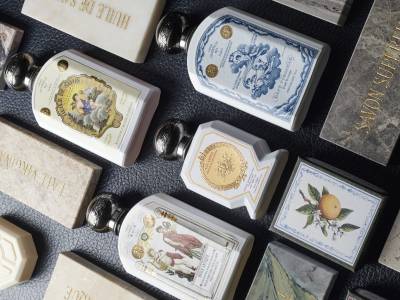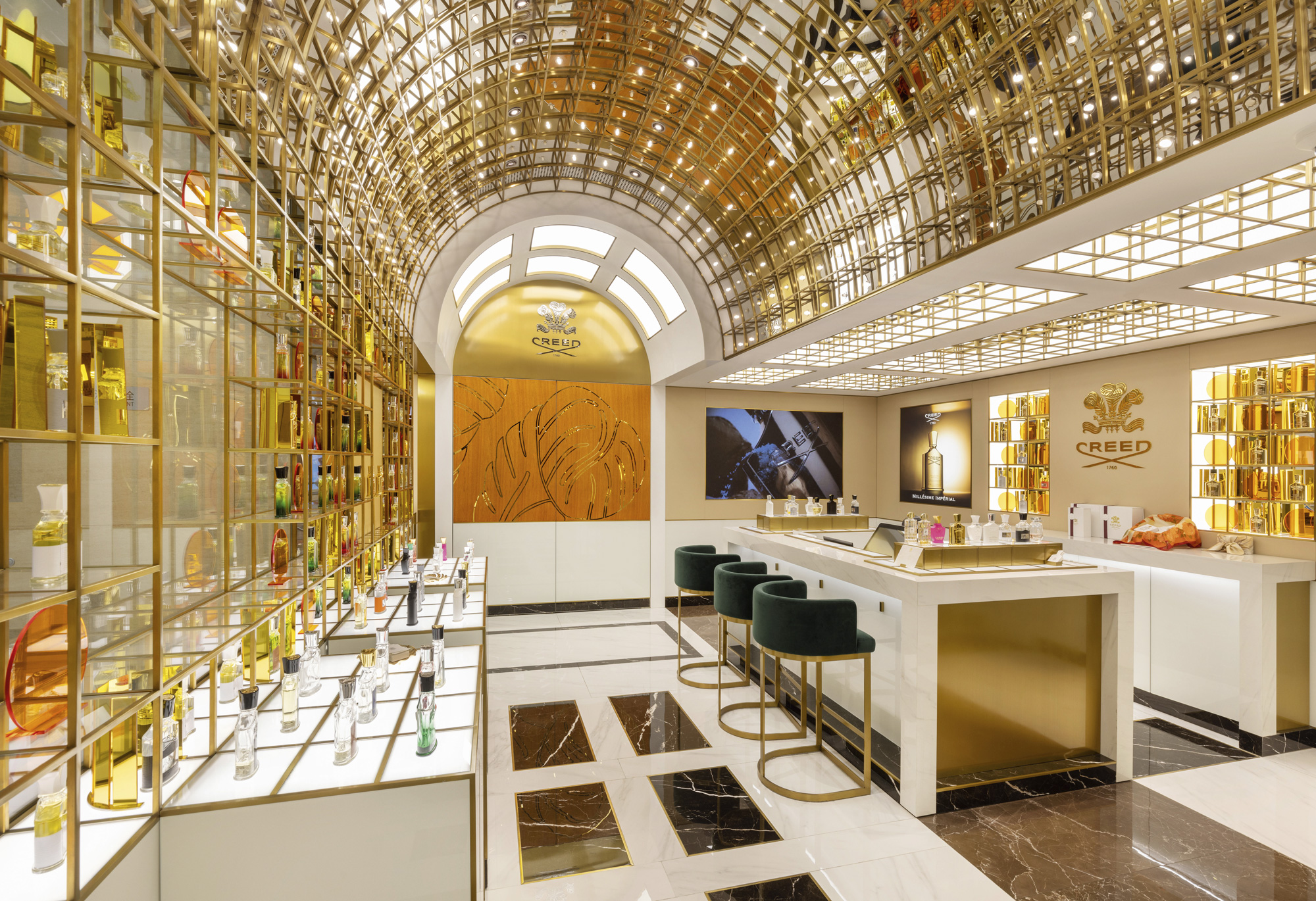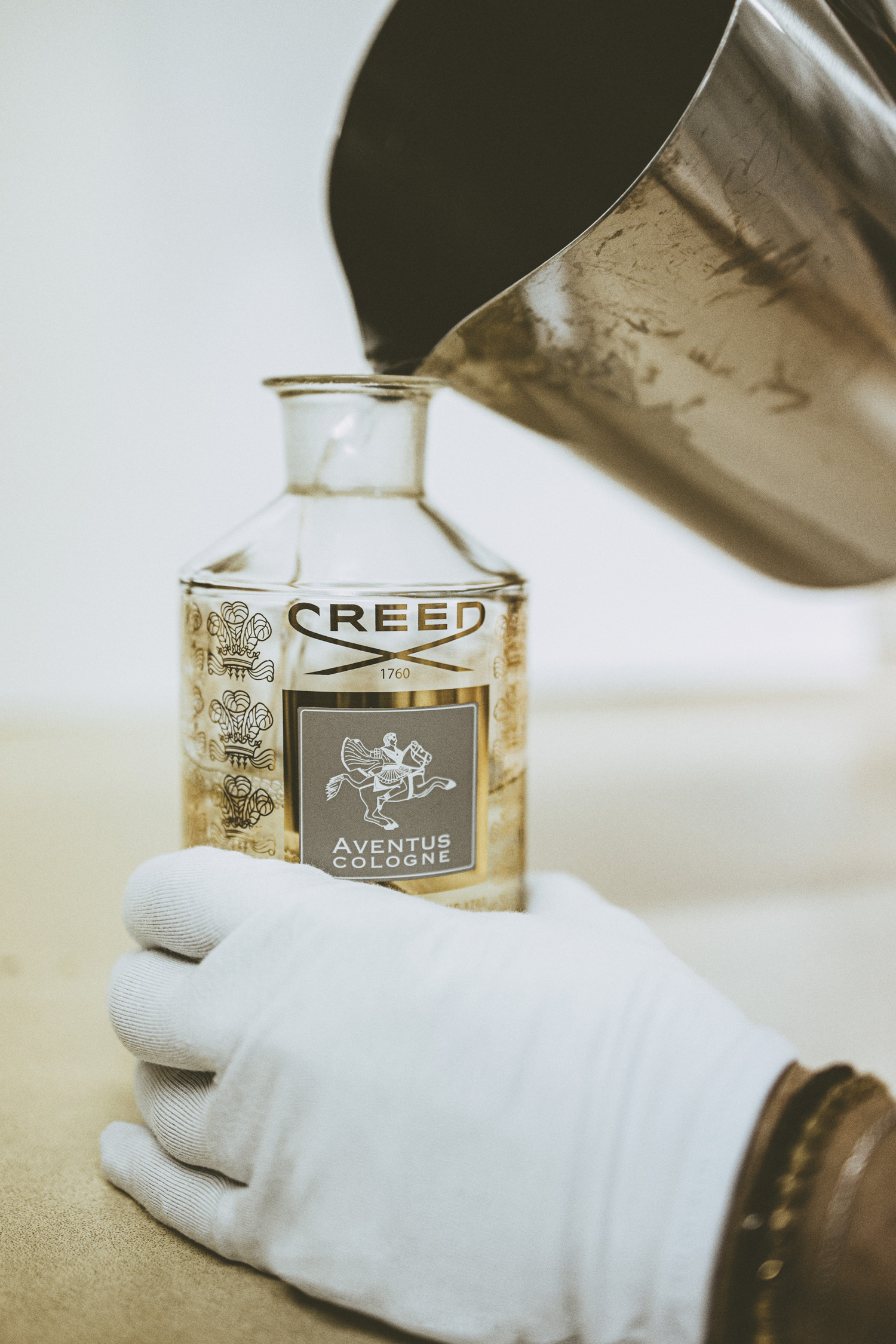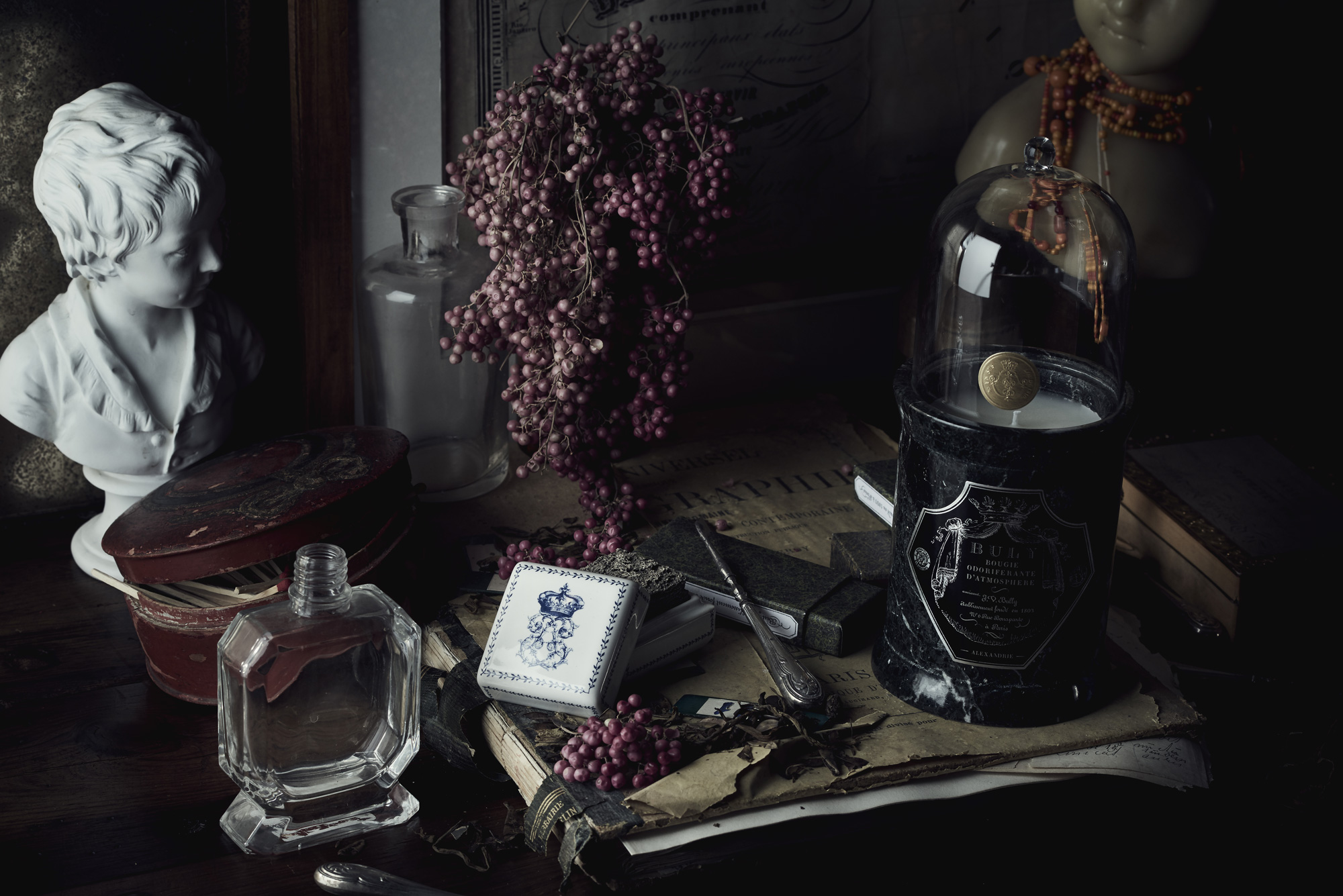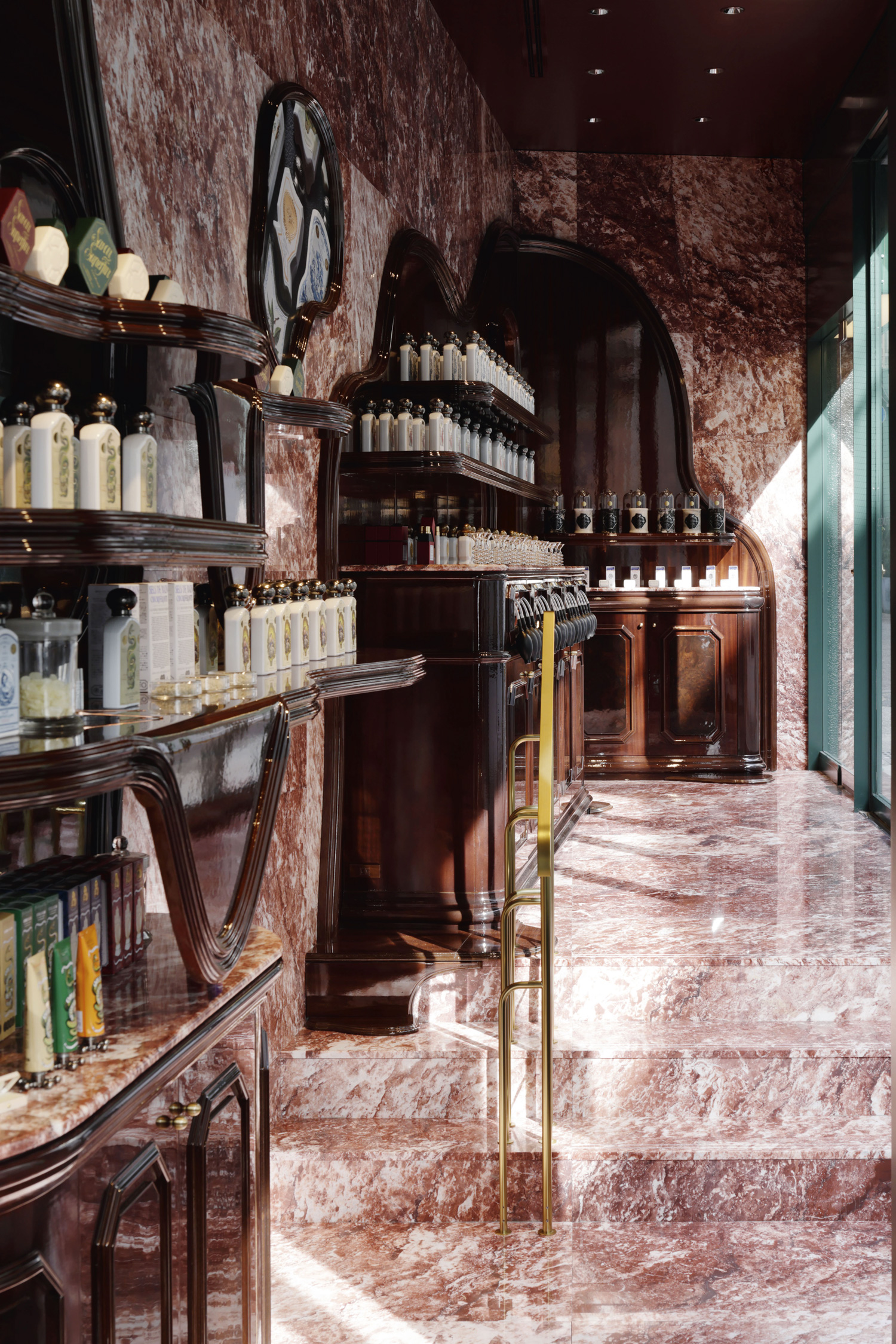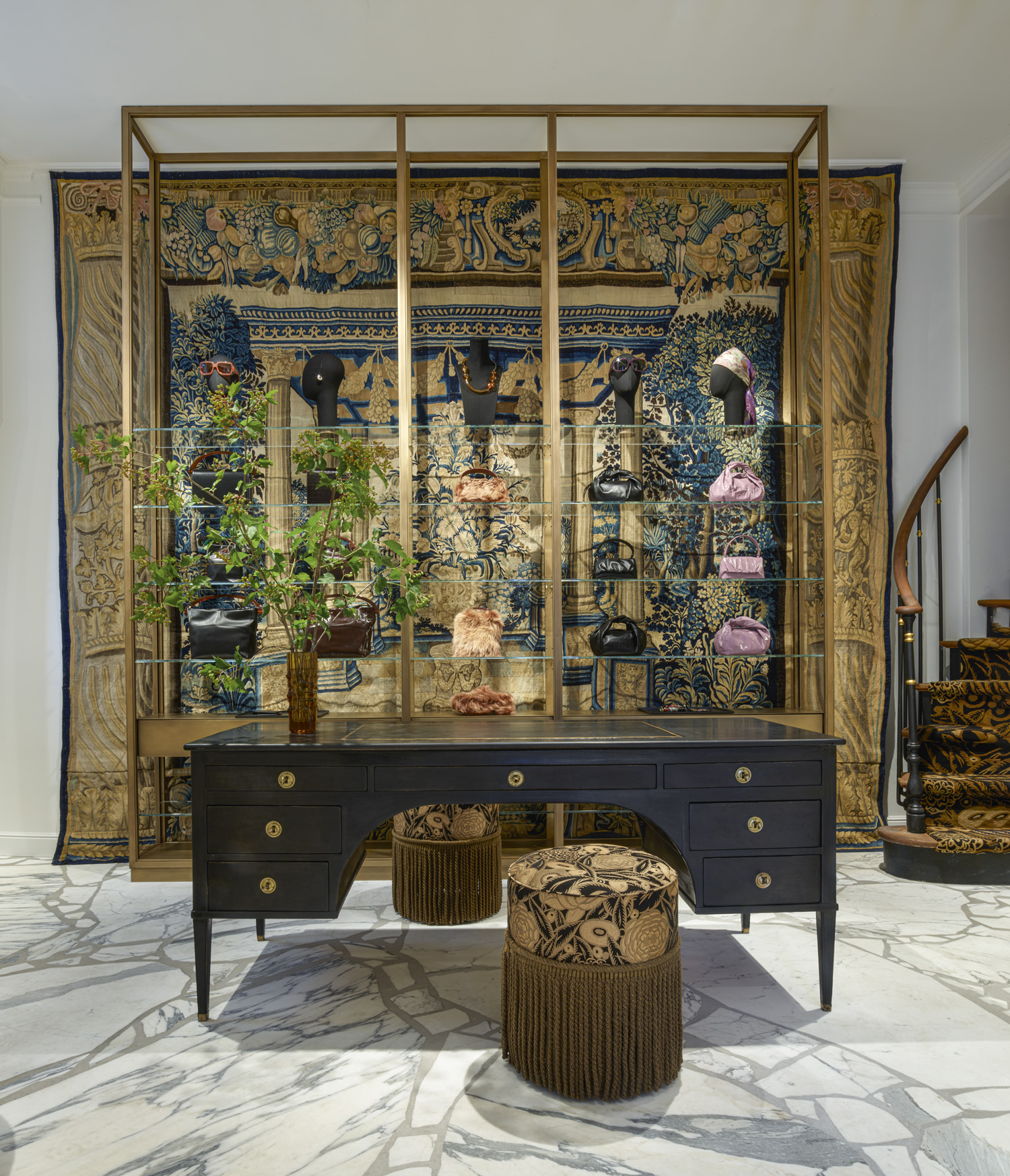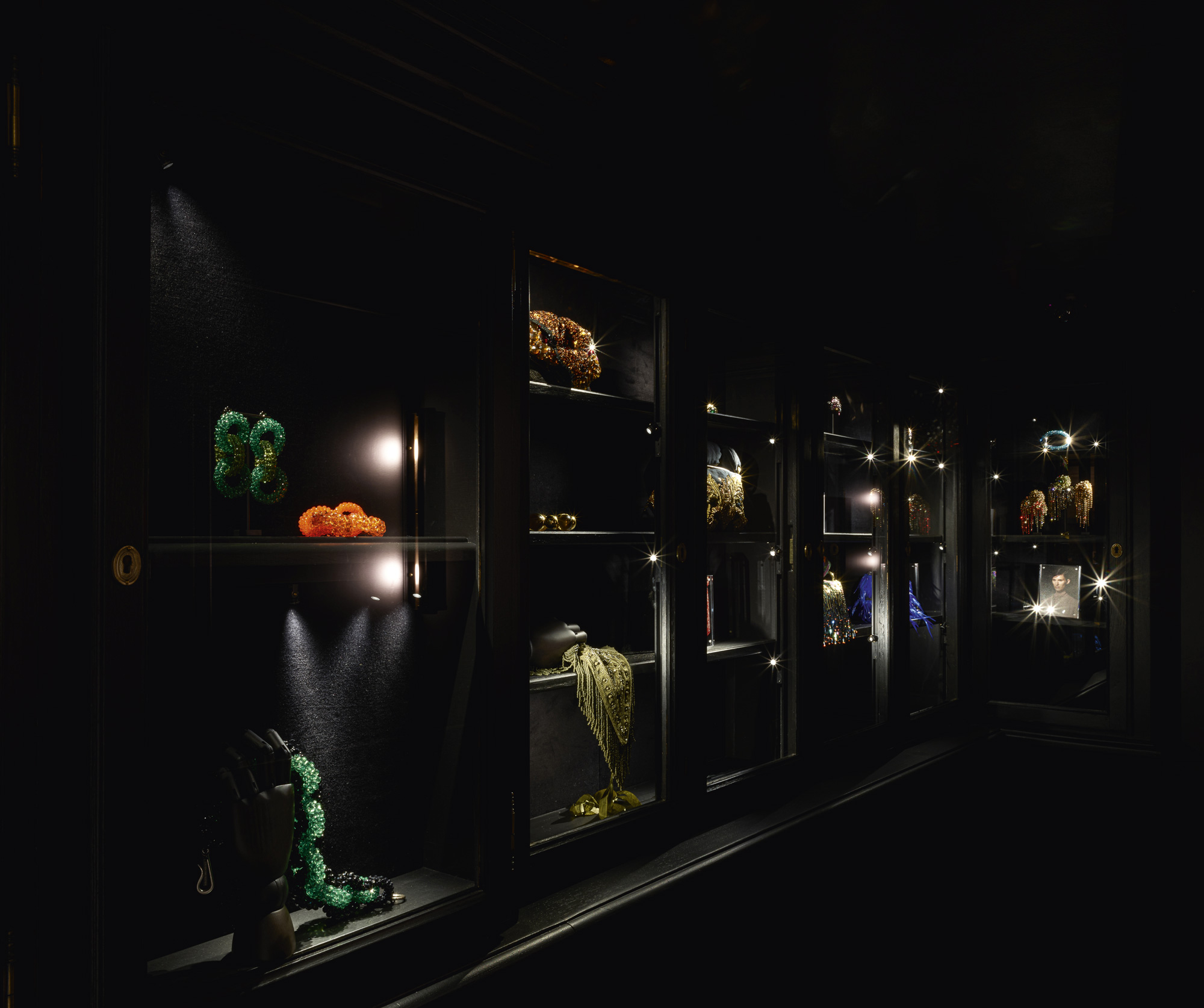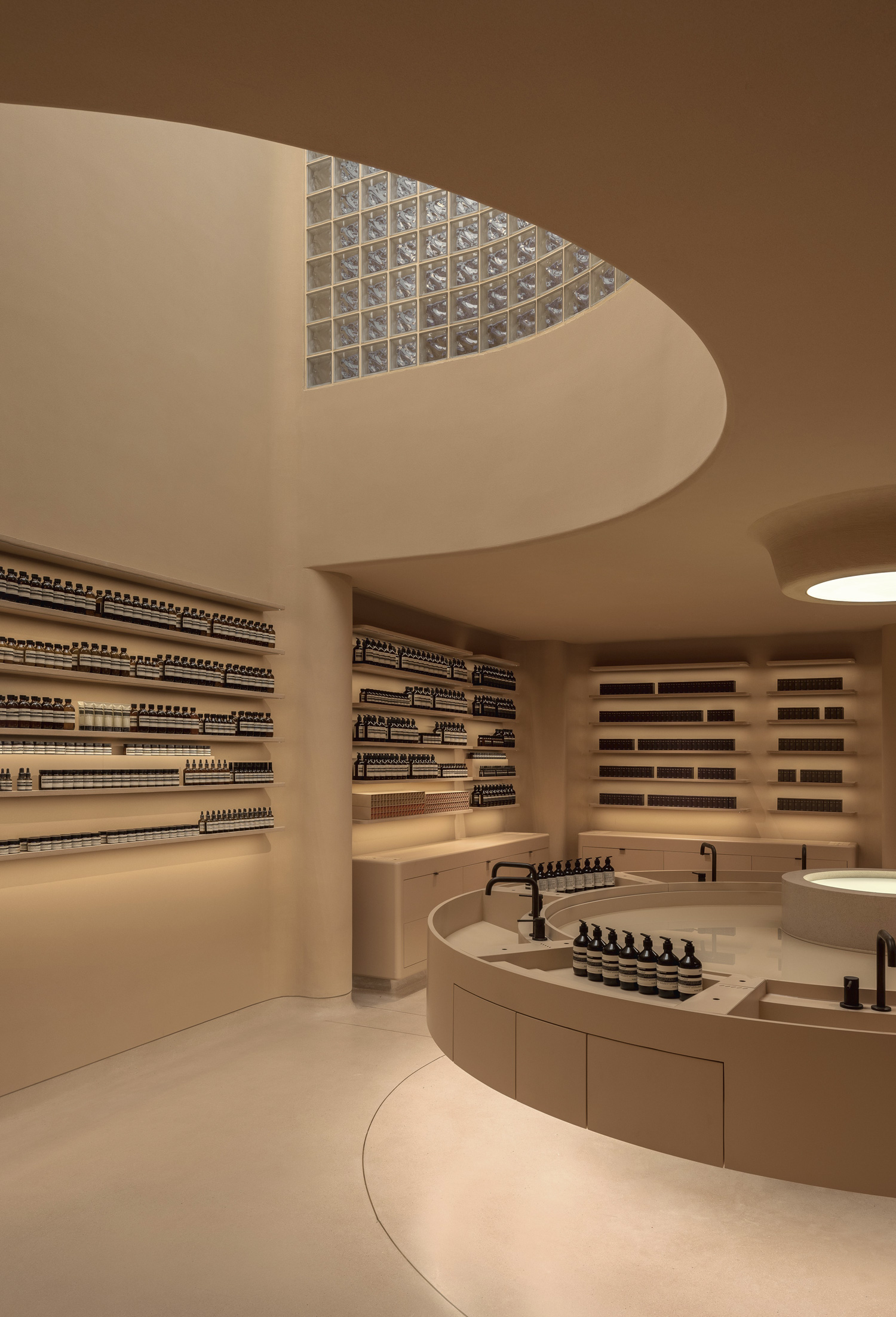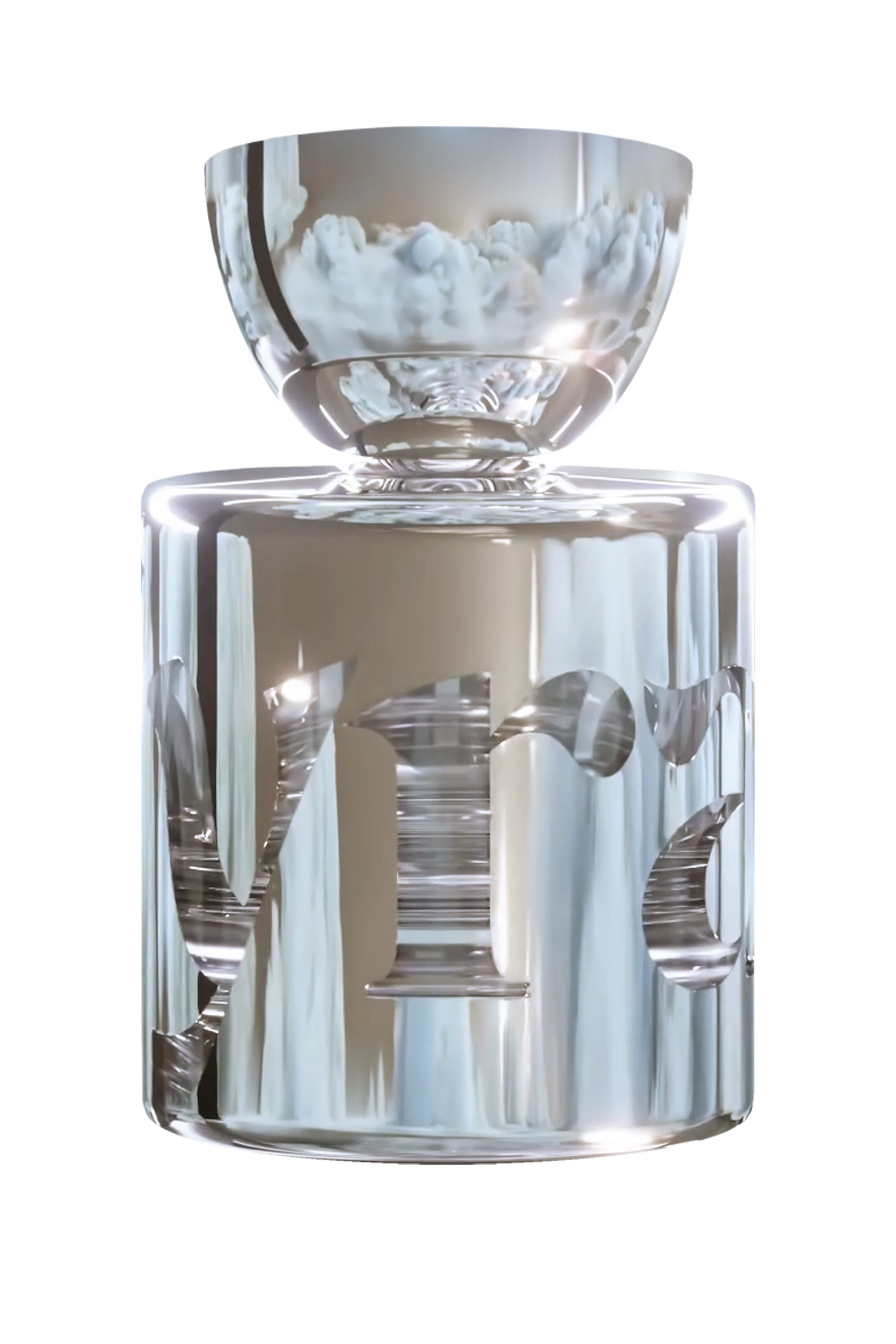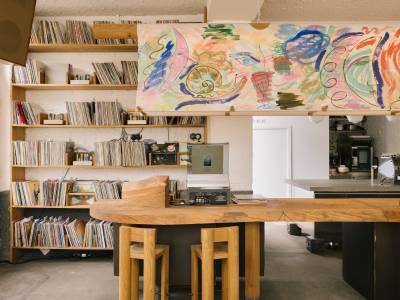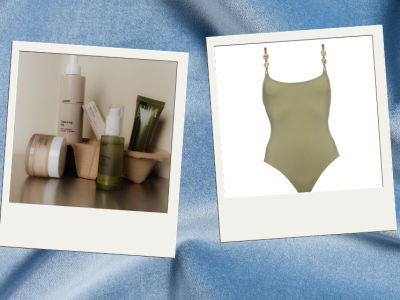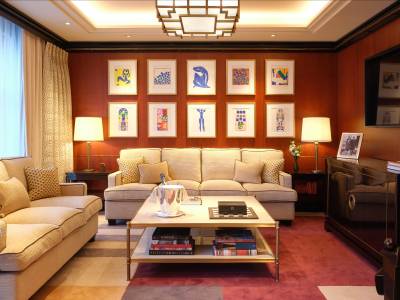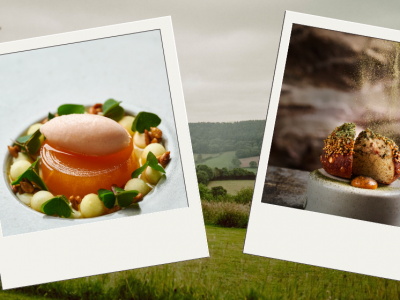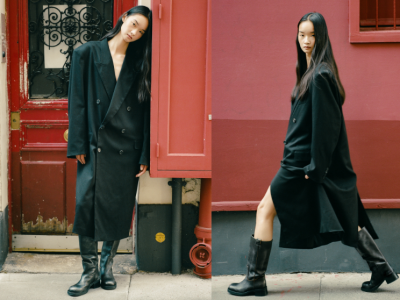The luxury sector is going on one of its periodic spending sprees, with leading names shelling out tens of millions in a furious attempt to reach new customers and outperform their rivals. In previous years, the three industry behemoths — LVMH, Kering and Richemont — have been buying up makers of high-end clothing, bags, shoes and watches. Now they’re putting a new product category into their vast shopping baskets: beauty and fragrance.
For decades, luxury houses have been producing fragrances as a way of allowing a mass customer base to buy into their brand. You might not be able to afford a Chanel couture outfit, for instance, but you can still experience one of the world’s most sought-after luxury brands by buying a bottle of Chanel No. 5 — one of which is sold every 30 seconds somewhere around the world.
